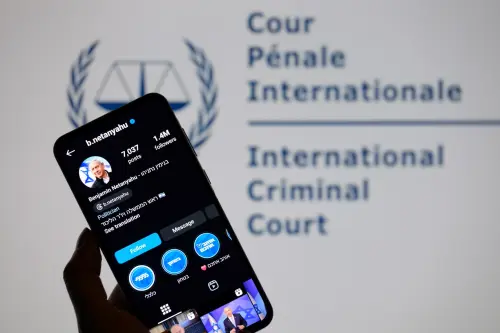Editor’s note: In an interview with BBC Newshour, Tamara Cofman Wittes discusses John Kerry’s role as the next secretary of state. Read an excerpt below or listen to the full audio.
BBC: So what is your take on the Kerry years that we’re going to see now? How do you think he will compare to Hillary Clinton?
Tamara Cofman Wittes: You know the personal style might be quite different, but I think this is someone with a long experience in foreign affairs, indeed a life time’s experience if you consider that he’s the son of a Foreign Service officer. But also, somebody with his own longstanding relationships with a lot of global leaders through his time on the Senate Foreign Relations Committee and I think because of that work, a keen appreciation of American interest’s, of our alliances abroad, and also of the limits and the changing nature of American power.
BBC: Everything you’ve just said suggests a period of management rather than change.
Wittes: Look, there are inevitably going to be crisis that flair, that demand intense focus. But I think the mood of the American public is one of management not of taking on ambitious new projects abroad. And I think that’s a mood that the White House is sensitive to as well as the new Secretary of State.
BBC: Righter, I could see that, that people don’t want any more foreign interventions. But maybe they would like a United States to be more assertive in the Middle-East, peace and that sort of thing, and would you expect him to deliver much of that?
Wittes: It’s interesting to me that we’ve already got information coming out about a Presidential trip to the Middle-East. I wouldn’t expect too much, by way of the Middle-East peace initiative out of that trip, but I think it’s an interesting choice given the administration’s clear desire to focus it’s energy abroad in places like East Asia where there is perhaps more of an economic gain for the United States to be found.
BBC: I saw an article you wrote the other day, saying that really women are now at the heart of the foreign policy establishment. Even if Hillary Clinton is gone, even if Condoleeza Rice is gone, that there are a lot of women in senior positions now, that is the case.
Wittes: Absolutely. We’ve seen a number of women taking senior portfolios, whether it’s Secretary Clinton, or Michèle Flournoy in the Defense Department, or others indeed scattered across the foreign policy agencies of the Executive Branch. But more than that I think we’ve seen a generation of women who have come into this field and really made a name for themselves so that it’s no longer the case that when you’re looking for a female face in the room you have to search. There’s really a plethora of female faces and female experts available to draw on.
The Brookings Institution is committed to quality, independence, and impact.
We are supported by a diverse array of funders. In line with our values and policies, each Brookings publication represents the sole views of its author(s).


Commentary
John Kerry as Secretary of State
February 6, 2013